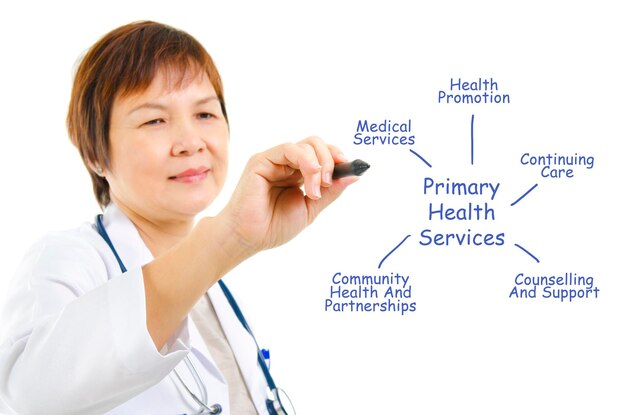Essential Pathways to Becoming a Registered Nurse (RN)
Embarking on a career as a Registered Nurse (RN) offers a fulfilling journey marked by opportunities to impact lives positively. To become an RN, you'll need a combination of education and licensure, which varies depending on the pathway you choose. Most aspiring RNs opt for one of three educational routes: obtaining an Associate Degree in Nursing (ADN) or a Bachelor of Science in Nursing (BSN). An ADN typically takes about two years to complete, offering a quicker route to start practicing, while a BSN usually requires four years, providing an extensive understanding and more promising career advancement opportunities. After completing an accredited nursing program, aspiring RNs are required to pass the NCLEX-RN licensure exam to practice professionally.
For those who wish to elevate their nursing career even further, there are certifications and advanced degree options available. Pursuing specialized certifications in areas like critical care, pediatric nursing, or gerontology can enhance expertise and job prospects. Additionally, obtaining a Master of Science in Nursing (MSN) or even a Doctor of Nursing Practice (DNP) not only expands your knowledge but can lead to leadership roles or positions in advanced practice nursing.
Key Steps to Becoming an RN:
-
🎓 Degrees:
- Associate Degree in Nursing (ADN) - 2 years
- Bachelor of Science in Nursing (BSN) - 4 years
-
📜 Licensure:
- Pass the NCLEX-RN exam
-
🏆 Certifications (optional):
- Certified Pediatric Nurse (CPN)
- Certified Critical Care Nurse (CCRN)
- Gerontological Nursing Certification
-
🎓 Advanced Degrees:
- Master of Science in Nursing (MSN)
- Doctor of Nursing Practice (DNP)
